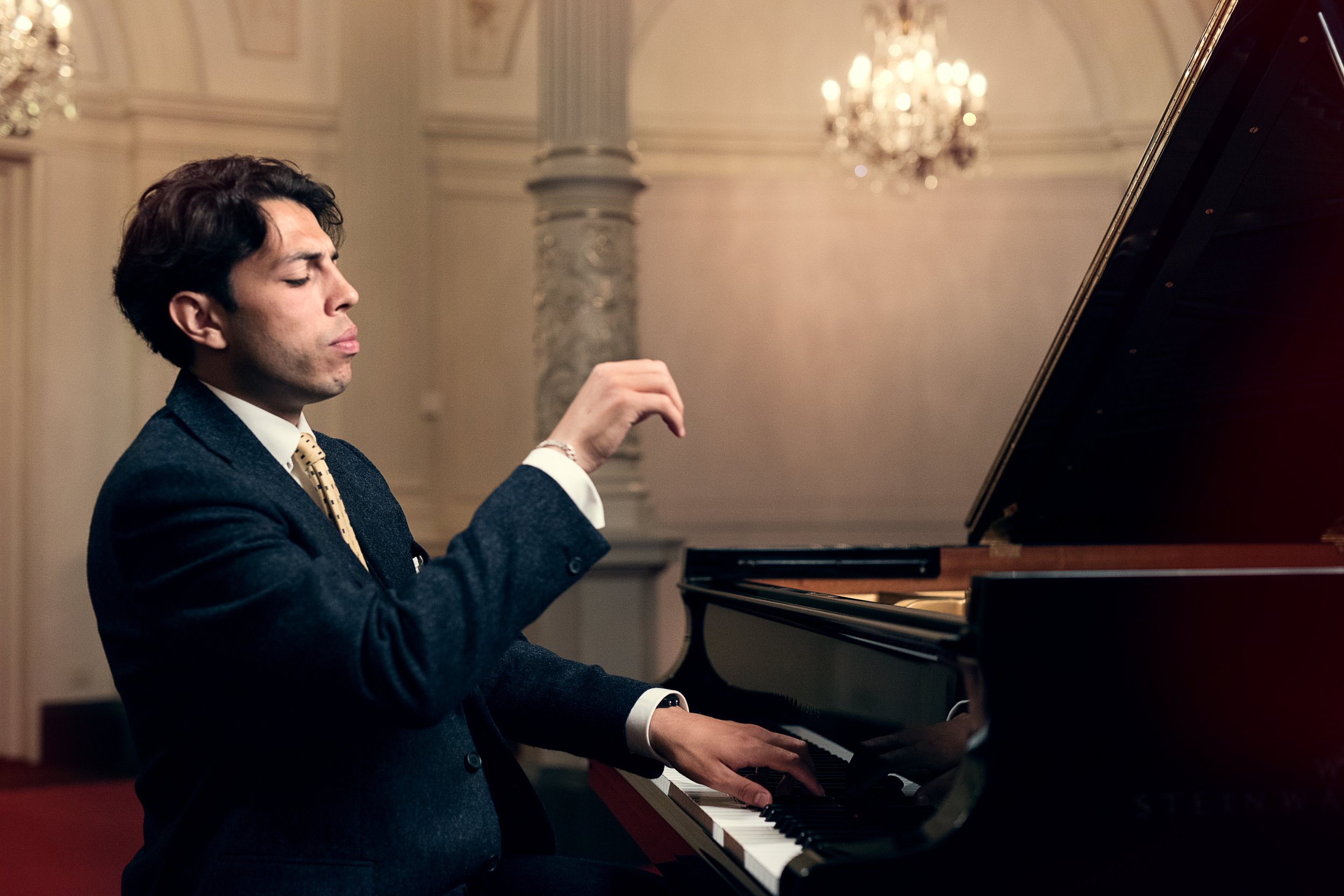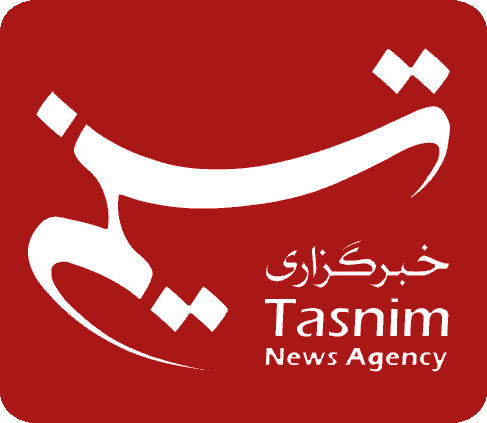
Nicolas van Poucke is called the “poet musician”—a title given to him by a Dutch media outlet. He was scheduled to perform in Tehran in 2021 (1400 in the Iranian calendar) as part of the 37th Fajr Music Festival, but the trip never happened due to the infamous COVID-19 pandemic. That year, because of travel restrictions in Europe, Nicolas was not granted permission to fly to Tehran, making him one of the absentees of the festival.
Now, two years later, with the pandemic no longer a concern, Nicolas is among the invited artists at the 39th Fajr Music Festival. He will take the stage at Roudaki Hall on Wednesday, February 14, 2024 (25 Bahman 1402), performing works by Chopin on piano.
Many classical music enthusiasts and fans are eagerly awaiting this artist’s performance. We also arranged an interview with this international musician to get to know him better and hear his thoughts on various topics. We prepared the questions and sent them to Nicolas van Poucke, who graciously responded.
What follows is the result of our conversation:
Your father was a trumpet player and your mother a violinist—why did you choose the piano?
My parents chose the instrument for me.
How much has studying music contributed to your success? And in Europe, how important is formal music education to the recognition and success of an artist?
I’m not entirely sure I fully understand the question, but studying music—living with it, trying to understand it, and playing it—has been an incredibly enriching and fulfilling part of my life.
Beethoven’s Piano Concerto No. 3—what are your thoughts on this piece?
Oh… I love it. I think Beethoven had a strong connection with the key of C minor. People sometimes talk about the “Beethovenian C minor mood,” and this concerto is a great example of that. Passion, drama, brilliance—and then that incredible second movement in C major. It’s truly one of my favorite pieces.
One of your acclaimed performances was of this very concerto (Beethoven’s Piano Concerto No. 3) at the Royal Festival Hall. Why do you think that performance was so successful?
I really love playing this piece. I feel that Beethovenian C minor spirit. And I should say, I’ve studied this concerto for many years.
What are your thoughts on Schumann and Chopin? What has helped you connect so deeply with their music, and more broadly, with Romantic composers?
The works of these two composers form the core of my repertoire. They are very different from each other—Schumann greatly admired Chopin, but Chopin never really returned that admiration. As a performer of their music, I believe that love for music is the essential foundation for truly understanding their works. I try to understand their languages, their worlds, and their imaginations. I think this approach applies to all styles of music. But I must admit, I have a special connection with these composers and the Romantic style in general. I believe this emotional connection helps me interpret and perform their works better. Of course, this might not be the case with music that comes from a different world.
What path must a musician take to arrive at a true interpretation of a composer’s work?
I believe you have to try to live the music. You need to discover the soul of each piece and understand what the composer is trying to express through it. Try to see music the way the composer saw it, and then merge that understanding with your own personality and playing style. In fact, doing this is the most important goal and task. Of course, many other prerequisites are involved—such as technical mastery, coordination, and many other factors.
Despite performing around the world, you still make a point to play in your hometown every year. Why is that?
I live in Amsterdam, and we have a very beautiful concert hall here. I’m proud to have performed there many times. Generally, I try to present at least two programs there every year.
In 2021 (1400 in the Iranian calendar), you were supposed to come to Iran, but we were told that COVID-19 prevented you from doing so. Tell us about that time.
Yes, I couldn’t travel to Tehran that year due to COVID-related travel restrictions. It was truly a strange and disappointing situation.
Is this your first time visiting Iran?
Yes, this is my first time coming to Iran, and I’m genuinely excited to finally see this amazing country.
How did the invitation to perform at the Fajr Music Festival come about?
It was very simple—I received an email from the festival.
Had you heard of the Fajr Music Festival before this?
No, I hadn’t.
Eastern music—and particularly Iranian music—has its own distinctive qualities. How familiar are you with it?
Not very familiar, but I would love to learn more about it.
Which Iranian composers have you listened to?
I don’t think I’ve ever listened to any works by Iranian composers.
What repertoire have you planned for your performance in Iran?
All the pieces I’ll be performing are by Chopin.
Is there any possibility you would include an Iranian piece in your program? That would surely appeal to local audiences.
That’s a great idea, but with the little time left before our performance in Iran, it’s not possible. Maybe I’ll do that in future performances.
The Dutch newspaper de Volkskrant referred to you as a “poet musician.” Do you like this title? Why do you think they chose it for you?
They can write whatever they like—I take it as a compliment. I’d definitely prefer to be called poetic rather than unpoetic…
Do you enjoy reading poetry?
Yes, sometimes I like reading poetry, though not regularly.
Which major European poets do you read?
If a musical piece is inspired by poetry, I definitely look into that poet’s work. For example, I recently performed Dichterliebe by Schumann, and through that, I became familiar with Heine’s poems… I also have a habit of occasionally reading a line from If by Rudyard Kipling to myself—it’s very inspiring. One of my best friends is a Dutch writer who sometimes sends me Dutch poems—like those by Menno Wigman, which I enjoy very much.
Are you aware that poetry has long been one of the most important elements of Iranian art?
Yes, I did know that.
Are you familiar with any Iranian poets?
Not yet—I haven’t had the chance to explore them.
We wish you a wonderful performance at the Fajr Music Festival.
Thank you.
Interview By Farid Parish
